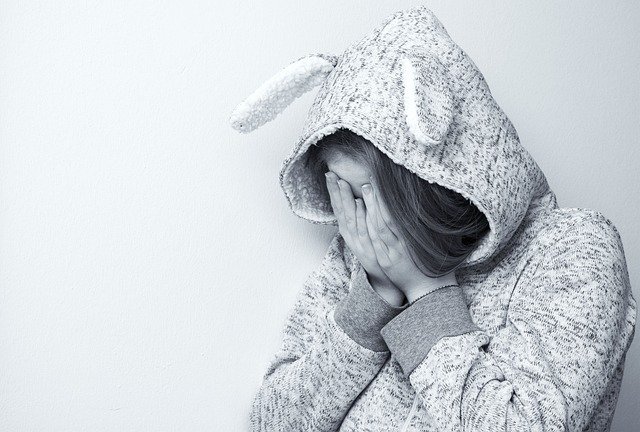The feelings no one warned me about
Everyone told me about sleepless nights, diaper blowouts, and cluster feeding. No one told me that I might feel numb. Or that some days I would look at my baby and feel… nothing. Or that other days, I would cry until my chest hurt.
For many parents, especially mothers, postpartum depression and anxiety creep in quietly. You might chalk it up to exhaustion, hormones, or “being a bad mom.” But the truth is, these conditions are common, real, and treatable. If you’ve been there or if you’re there right now you are not alone.
Baby blues vs. postpartum depression
- Baby blues: Up to 80% of new parents experience mood swings, crying spells, or irritability in the first 1–2 weeks after birth. These usually fade as hormones stabilize.
- Postpartum depression (PPD): Lasts longer and feels heavier. Symptoms may include deep sadness, hopelessness, guilt, or disconnection from your baby. It can start any time in the first year, not just the first weeks.
- Postpartum anxiety (PPA): Constant worry, racing thoughts, physical tension, or intrusive “what if something happens to my baby?” fears.
- Postpartum OCD or psychosis (rare): Distressing intrusive thoughts or hallucinations. These require urgent medical attention.
Signs you shouldn’t ignore
- Persistent sadness or crying beyond two weeks
- Feeling overwhelmed or unable to cope, daily
- Loss of interest in things you used to enjoy
- Trouble bonding with your baby
- Excessive worry, panic attacks, or intrusive thoughts
- Anger or irritability that feels out of control
- Thoughts of harming yourself or your baby
🚨 Red flag: If you ever think of harming yourself or your child, please call 911, 988 (Suicide & Crisis Lifeline), or go to the nearest ER. Immediate help saves lives.
Why it happens
Postpartum mood disorders aren’t your fault. They can stem from:
- Rapid hormonal changes after birth
- Sleep deprivation
- Birth trauma or NICU experiences
- Lack of support
- Personal or family history of depression/anxiety
How to find help in Florida
- Postpartum Support International (PSI) Florida Chapter → Offers a free helpline (1-800-944-4773) and connects parents with local providers.
- Healthy Start Coalition of Miami-Dade → Provides screenings, counseling, and parent support programs.
- Jackson Health System & Baptist Health → Both offer maternal mental health services and postpartum support groups.
- Therapists specializing in perinatal mood disorders → Look for “PMH-C” (Perinatal Mental Health Certified) professionals.
- Peer support groups → Sometimes, just sitting in a circle of parents who get it is life-changing.
What helped me (and may help you)
- Talking to someone: The day I finally said “I don’t feel okay” was the day I started healing.
- Sleep swaps: Even 3–4 hours of uninterrupted rest made a world of difference.
- Professional help: Therapy and, when needed, medication saved me.
- Letting go of guilt: Asking for help didn’t make me a bad mom. It made me a stronger one.
A message to new parents
If you’re in the thick of it:
You are not broken.
You are not weak.
You are not failing.
You are experiencing something millions of parents go through—and with the right help, you will feel better.



